Dog owners often mishandle or misunderstand the behavior problems of dogs. That can happen if you are a new dog owner and want to help your dog with a behavior issue or thinking of getting a new dog.
If you wish to solve such problems and prevent them, the foremost step would be to understand the behavior problems in dogs. In addition, a firm foundation of providing obedience training to dogs will help prevent or even control many issues.
1. Barking
It is common for dogs to vocalize in one way or another, either barking, howling, or whining. However, too much barking is a behavior problem.
First, you have to find out why your pet is barking excessively. The common reasons dogs bark is attention-seeking, boredom, anxiety, playfulness, and excitement, responding to other dogs, warning, or alert.
2. Digging
Most dogs like to do some amount of digging. As for them, it is mainly a matter of instinct. Dog breeds such as terriers with their hunting histories are drawn towards digging grounds. Dogs dig for these common reasons.
They may be bored or with excess energy, or they may be in fear or anxiety or are seeking comfort to escape an area or gain access to it, as a hunting instinct, or to hide possessions, such as bones or toys.
It can be frustrating if you have a dog that digs up your yard. You need to find out the reason and then try to get rid of that problem.
Perhaps you need to pay more attention to your dog, give more exercises and do some extra training. If it still does not stop, you can assign a particular area for digging and training your dog to accept that.
3. Chewing
It is natural for all dogs to chew, and it is a crucial activity for them. That is just how they are. Now excessive chewing can turn into a behavior problem pretty soon, and then your home can be a scene of destruction.
The most known reasons dogs chew are boredom or excess energy, curiosity, puppy teething, and anxiety. Encourage your pet to chew on the things they can. Give lots of appropriate chew toys.
4. Inappropriate Elimination
Urination and defecation in an inappropriate way are among the most annoying dog behaviors. They can ruin areas of your house and make your dog unwanted or at the homes of other people or in public places.
The reasons can be lack of proper housebreaking, submissive or excitement urination, anxiety, or territorial marking. Many dogs need behavior changes to get rid of the habit once it becomes embedded. Here your vet would be the best rescue.
5. Separation Anxiety
Separation anxiety is another common dog behavior problem. These manifestations include inappropriate defecation and urination, vocalization, chewing, and other forms of destructive behavior.
It happens when a pet gets separated from its owner. True, separation anxiety needs dedicated training, desensitization exercises, and behavior modification. Medication is necessitated in extreme cases.
Read More: Is CBD Safe For Your Dog With Anxiety?
6. Chasing
A dog’s wish to start chasing moving things is just a show of predatory instinct. Many dogs chase people, other animals, and cars. The result of all this can be devastating and dangerous.
It may not be possible to stop your dog from chasing; steps can be taken to prevent disaster. You can keep your dog on a leash or confined and train to come when called.
7. Begging
Begging is undoubtedly a bad habit, but several dog owners encourage this behavior. It can give rise to obesity and digestive problems. Dogs beg as they love food, but one cannot equate table scraps or food with love.
Teach your dog that it is not ok to beg for food. When you sit down for your meals, confine your dog to a different room or a place from where the dog cannot stare. If she behaves well, you can give a special treat only once the entire family has finished eating.
8. Biting
Dogs nip or bite for many reasons, and most of them are instinctive. Puppies bite and nip to explore the surroundings. Mother dogs usually teach their puppies not to nip hard and discipline them when required. As a result, puppies build bite inhibition.
Owners have to show their little puppies that biting and mouthing are not tolerable by continuing to teach them to bite inhibition. The motivation to snap or bite may be due to fear, protection, defensiveness, predatory instinct, or pain or sickness.
9. Aggression
Dog aggression is displayed by snarling, growling, showing teeth, biting, and lunging. It is essential to know that a dog can show certain signs of aggression, irrespective of its breed or history.
However, dogs with abusive or violent backgrounds and those bred from aggressive tendencies have greater chances of exhibiting aggressive behavior towards other dogs or people. In addition, a dog’s surroundings have a significant impact on its behavior.
10. Jumping Up
Jumping up is a common problem and natural behavior in dogs. Puppies jump up to reach and meet their mothers. Later as they grow, they jump up while greeting people.
They also jump up when they get excited or seek something in a person’s hands. A jumping dog can be annoying and even very dangerous.
There are several ways you can stop a dog from jumping, such as lifting a knee, pushing the dog away, or grabbing the paws. It is mainly attention-seeking behavior. So, the best means is to turn around and ignore the dog.
Conclusion
If you think your dog is unwell, call your vet right away. For any health or behavior-related questions, you must always consult your vet as they know the history of your pet’s health, have examined them before, and can certainly give the best advice for your pet.
 DogExpress
DogExpress

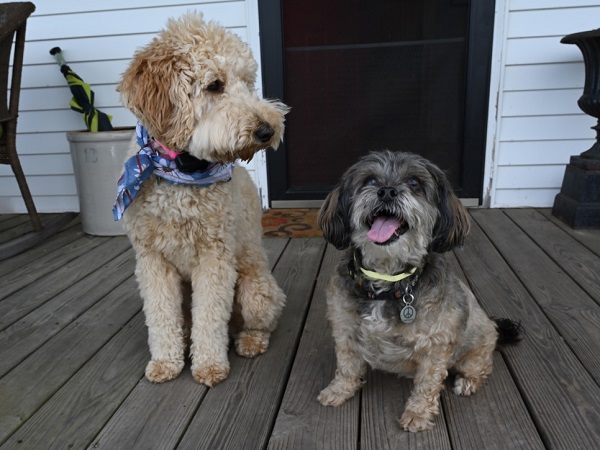

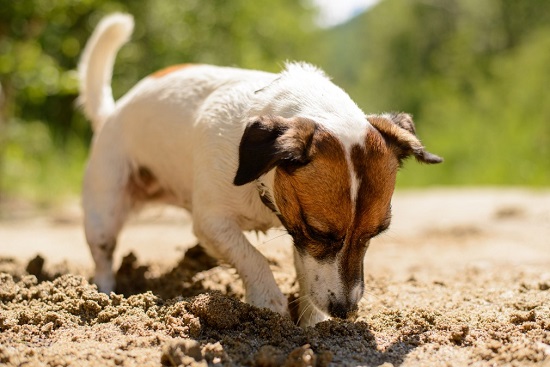

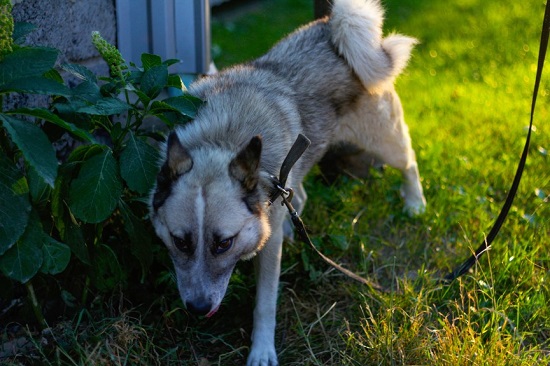
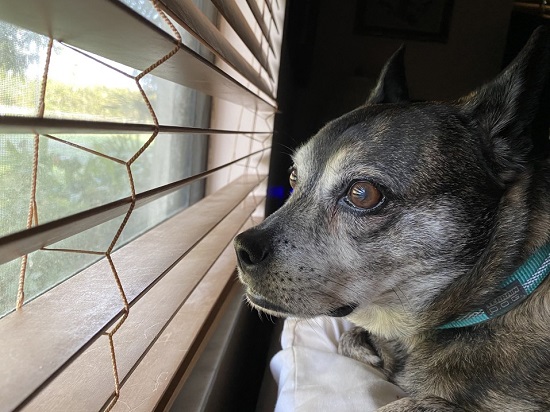
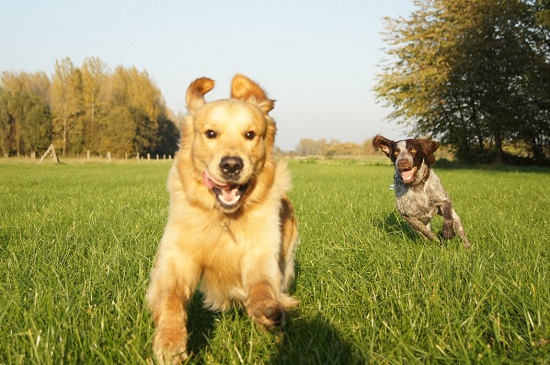

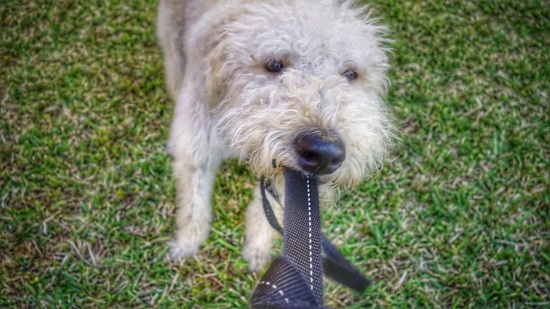
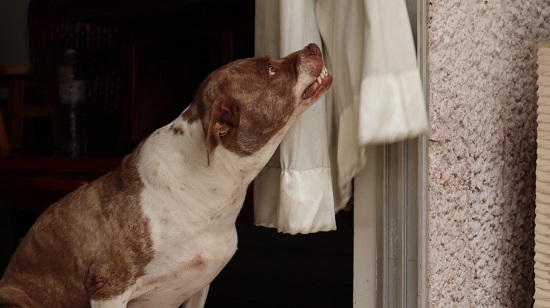
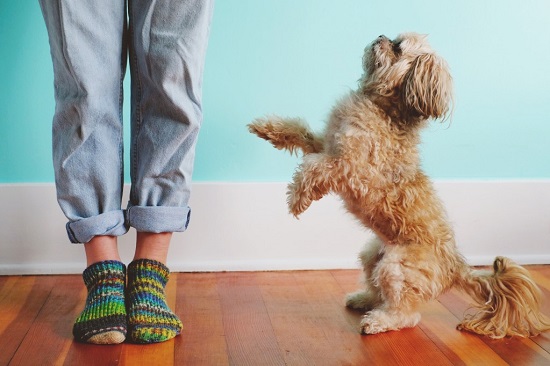


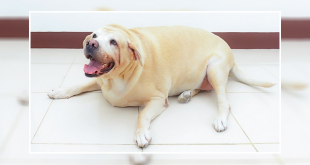
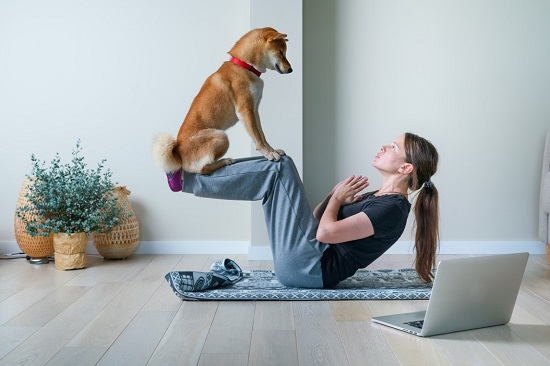












 in Chandigarh, India.
in Chandigarh, India. 

